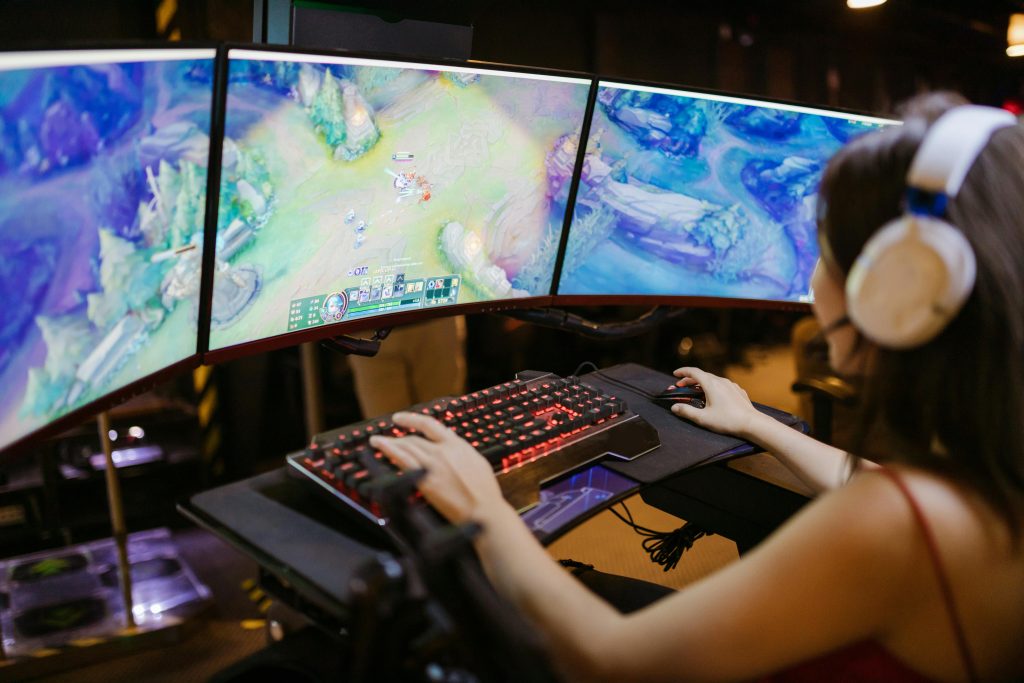Understanding and Addressing Recurring Laptop Battery and BIOS Issues
As students and professionals alike increasingly rely on laptops for everyday tasks, encountering persistent technical issues can be both frustrating and disruptive. One common concern reported by users is the recurring decline in battery performance, combined with BIOS errors and unusual hardware behavior. In this article, we will explore potential causes for these symptoms and outline practical steps to diagnose and resolve such recurring laptop problems.
Recognizing the Symptoms
Many users have observed the following signs:
- Gradual decrease in battery life over several months
- Sudden shutdowns due to battery drain, even when the system indicates remaining charge
- Error messages such as “CMOS checksum invalid” during startup
- Increased noise from cooling fans at problematic times
- Intermittent reboots or power issues that temporarily resolve after servicing
These indicators suggest deeper hardware or firmware concerns that require careful analysis.
Possible Underlying Causes
-
Battery Degradation: Over time, laptop batteries naturally lose capacity. A significantly degraded battery can cause unexpected shutdowns and inaccurate battery level reporting.
-
CMOS/BIOS Settings and Battery: The “CMOS checksum invalid” message often points to issues with the BIOS firmware or the CMOS battery—a small coin-cell battery that maintains BIOS settings when the laptop is powered off. If this battery is failing, it can lead to BIOS errors and power management problems.
-
Motherboard or Power Management Hardware Faults: Persistent issues despite servicing may indicate underlying motherboard problems, such as faulty capacitors or power regulation components.
-
Cooling System Concerns: An increase in fan noise could suggest overheating or dust buildup, which might impact hardware stability.
Steps to Diagnose and Fix the Issue
-
Replace the CMOS Battery: If your laptop displays BIOS checksum errors, start by replacing the CMOS battery. This is a straightforward procedure for most devices and often resolves BIOS-related errors.
-
Perform a Full Battery Health Check: Use diagnostic tools provided by your laptop manufacturer or third-party utilities to assess the battery’s health. If the battery is degraded, replacing it will restore better battery life and stability.
-
Update BIOS Firmware: Ensure your BIOS is running the latest version. Manufacturers regularly release updates that fix bugs and improve hardware compatibility.
-
Inspect and Clean Cooling System: Clear dust from vents and fans to maintain optimal airflow. If the fan is unusually loud, consider replacing or repairing the fan unit.
-
**Monitor Hardware
Share this content:



